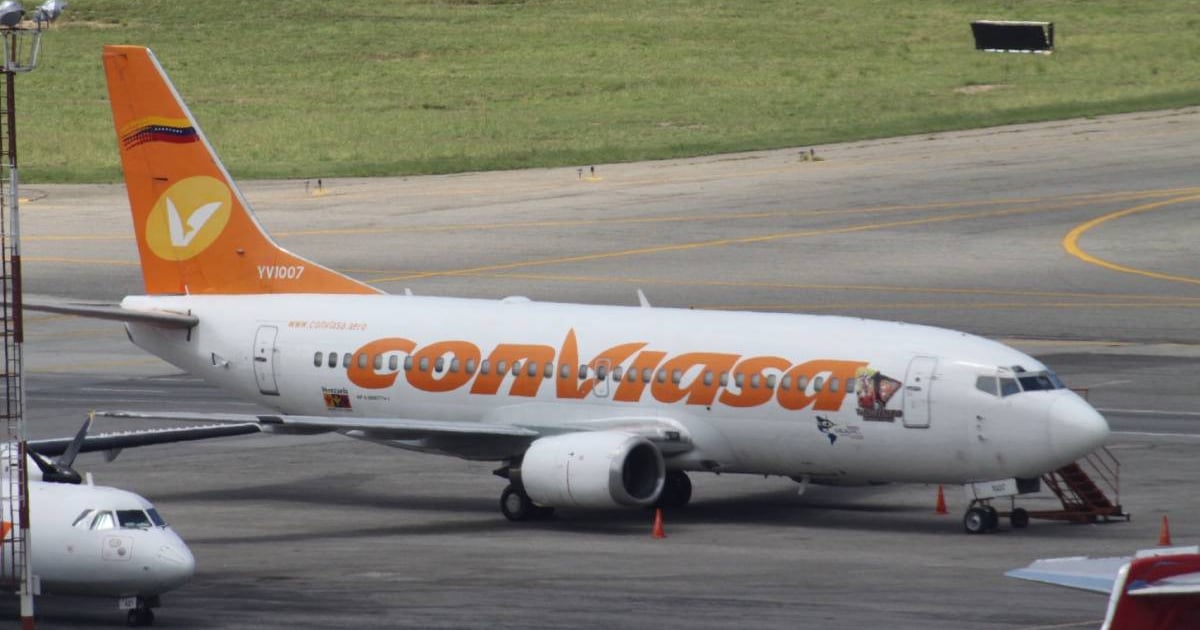The U.S. State Department recently unveiled new visa restrictions targeting senior executives of travel agencies accused of promoting irregular migration to the United States. This action has led to the shutdown of over 70 charter flight routes, including important links such as the Cuba-Nicaragua path.
On January 16, the U.S. Embassy in Nicaragua issued a statement indicating that these restrictions are aimed at the owners, executives, and senior officials of travel agencies across Europe, Asia, and other regions that are involved in human trafficking. The policy is designed to tackle exploitative practices and hold accountable those who profit from the vulnerabilities of migrants.
Matthew Miller, the State Department's spokesperson, emphasized that these measures have a global reach and also affect individuals who might qualify for the Visa Waiver Program. These sanctions are implemented under section 212(a)(3)(C) of the U.S. Immigration and Nationality Act and are part of a broader campaign in partnership with governments and private sector actors.
Since this initiative began, the United States has imposed visa restrictions on individuals from 16 countries across Latin America, the Middle East, Europe, Asia, North Africa, and West Africa. Additionally, strategic routes linking Nicaragua with Cuba and Libya, crucial points in the flow of charter flights associated with irregular migration, have been closed.
These actions underscore the United States' commitment to border security and to promoting orderly and legal migration. "No one should profit from vulnerable migrants: neither traffickers, private companies, nor public officials," stated Miller in the announcement. This global effort aims to dismantle networks that facilitate human trafficking and reinforce the message that the U.S. government will not tolerate activities endangering migrants' lives or encouraging economic exploitation in the private sector.
With these sanctions, the United States sends a strong signal to agencies and companies involved in facilitating irregular routes, solidifying its position as a leader in combating human trafficking.
U.S. Sanctions Escalated in 2024
In February 2024, the U.S. government intensified sanctions against transportation companies involved in irregular migration from Cuba to Nicaragua. These measures included visa restrictions for executives of airline and maritime companies, under the Immigration and Nationality Act.
Despite the sanctions, Cuban airlines such as Cubana de Aviación and AeroGaviota resumed flights between Havana and Managua in March. Operating with state-owned fleets, this move highlighted the Cuban government's persistence in maintaining these routes despite international restrictions.
In June, the United States expanded its sanctions by targeting an executive of charter flights that facilitated irregular migration to the U.S. through Nicaragua. Authorities noted that the Ortega-Murillo regime benefited economically from these activities, reinforcing their commitment to holding accountable those responsible.
By July, the U.S. government had sanctioned executives of travel agencies linked to transit operations. These actions were part of a broader strategy to deter the transportation of migrants under irregular conditions.
Understanding U.S. Sanctions on Charter Flights
What are the reasons behind the U.S. shutting down charter flight routes?
The U.S. has shut down these routes to combat irregular migration and human trafficking, holding accountable those who exploit vulnerable migrants for profit.
Which routes have been affected by the U.S. sanctions?
Over 70 charter flight routes, including those between Cuba and Nicaragua, have been closed due to these sanctions.
How are these sanctions enforced under U.S. law?
The sanctions are enforced under section 212(a)(3)(C) of the U.S. Immigration and Nationality Act, targeting individuals and companies involved in facilitating irregular migration.
